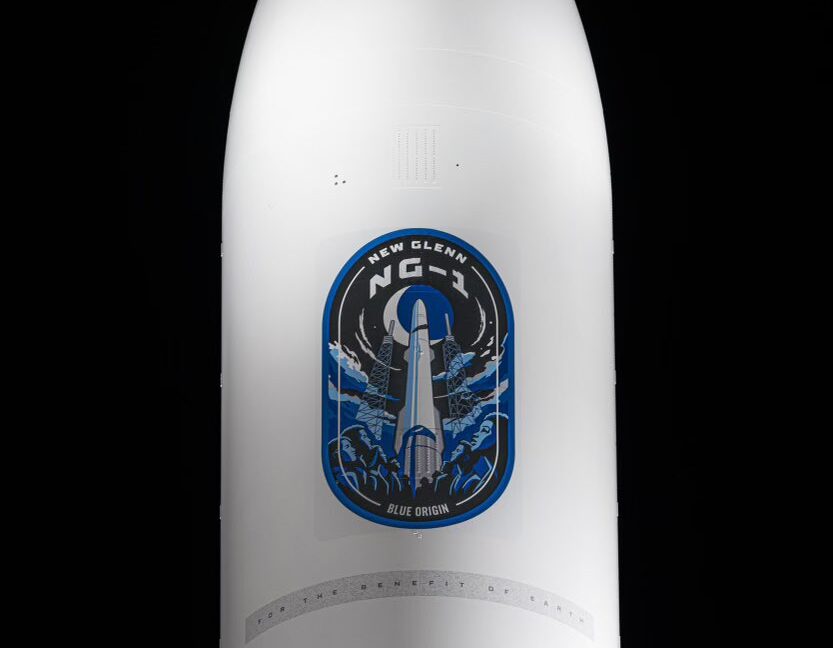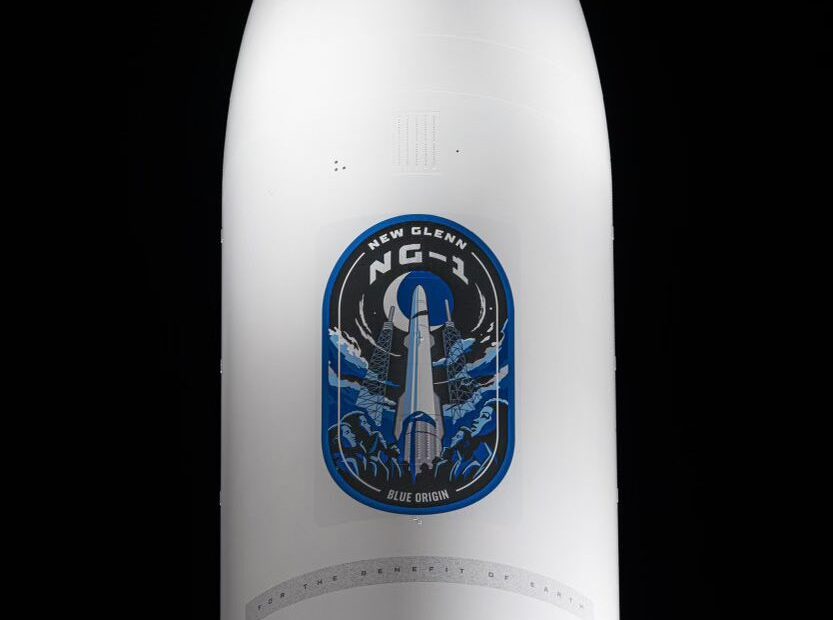
COCOA BEACH, Fla.– As is often the case in the final days before the debut of a new rocket, it all comes down to the weather. Accordingly, Blue Origin is only waiting for clear skies and fair seas before its massive New Glenn vehicle will take off from Florida.
After the company completed rocket integration this week and rolled the superheavy lift rocket to its launch site in Cape Canaveral, attention turned to the weather. Conditions at Cape Canaveral Space Force Base were favorable during the early morning launch windows available for the rocket, but complications have arisen offshore.
That's because Blue Origin aims to recover the first stage of the New Glenn rocket, and sea conditions in the Atlantic Ocean have proven unsuitable for an initial attempt to capture the first stage booster on a drone ship. The company has already abandoned one launch attempt that was scheduled for 1 a.m. ET (06:00 UTC) on Friday, January 10.
Conditions have improved slightly since then, but company launch officials are still closely monitoring the weather as the rocket is prepared for the new launch time of 1:00 a.m. ET on Sunday, January 12. There is a three-hour launch period. The company will provide a webcast of the proceedings via this link starting one hour before launch.
Looking for a nominal flight
According to a mission timeline shared by Blue Origin on Saturday, it will take several hours to refuel the New Glenn rocket. Hydrogen charging into the second stage begins 4.5 hours before takeoff, followed by the booster stage and second-stage liquid oxygen at 4 hours, and methane for the booster stage at 3.5 hours to go. Refueling should be completed approximately one hour before takeoff.

